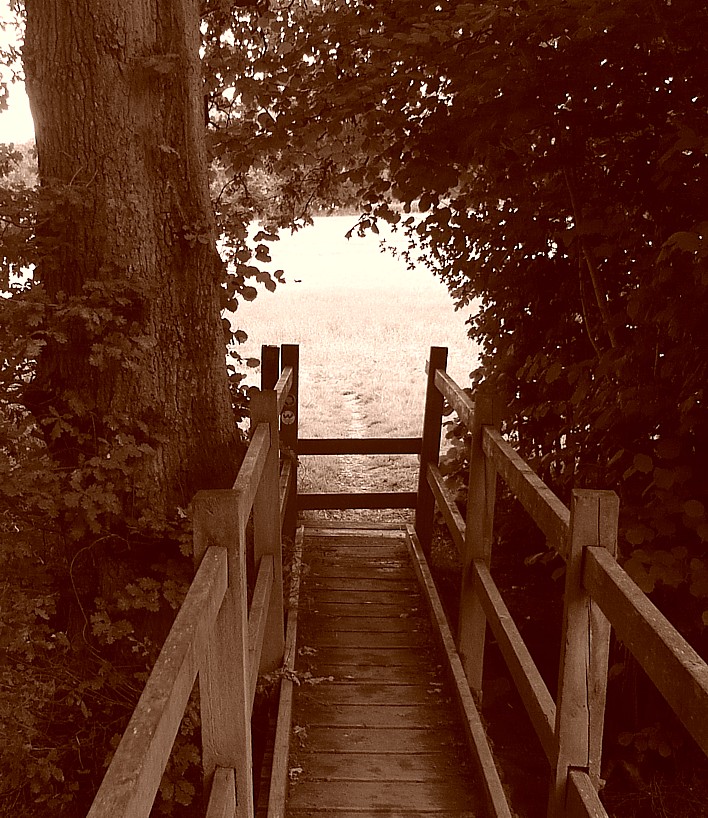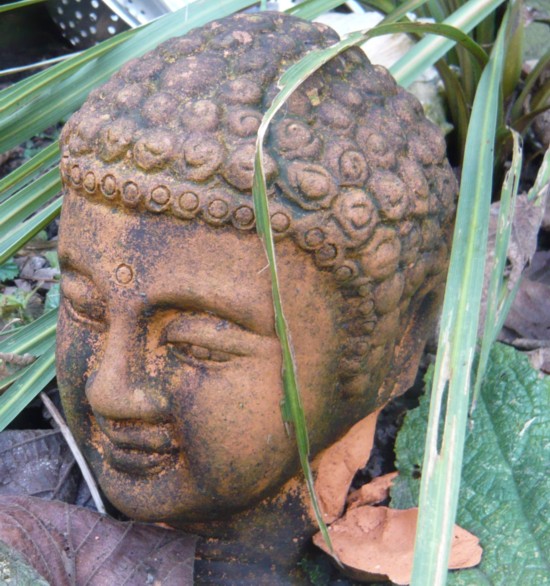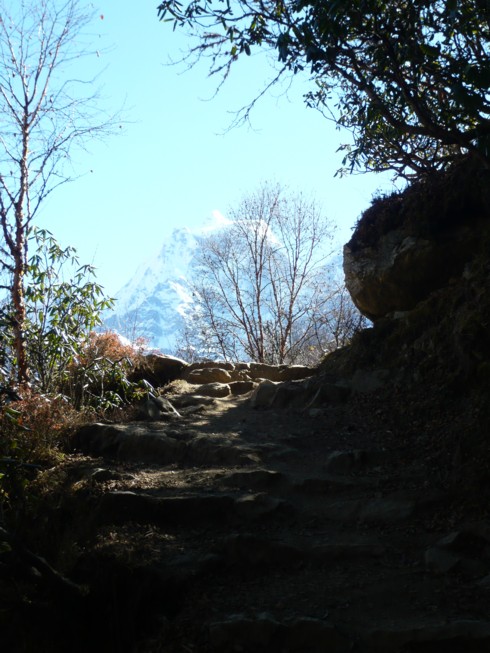
This is the first poem in a series still not quite completed. Although the rest of the series needs to be read as a single entity, this one works as a standalone piece.
Crows are unsettling.
They make eye contact with you,
Like all their kind:
Rooks, magpies, jackdaws and their ilk,
Black-eyed, mocking, wind-flicked feathers,
Watching you from high branches,
Scattered trees, lone rocks and open fields.
Krra icily in the harshest breeze.
They could be smart, dark-suited undertakers,
Clearing up dead bodies or
Smug bankers, lounging in the hotel bar with
After-dinner drinks, bragging raucously.
Crows solve problems, are wary, learn,
And remember you.
They may reward kindness
With coins and pieces of glass,
With golf balls, or feathers.
But crows make up murders.
They hold grudges and will plot your destruction
If you cross them.









